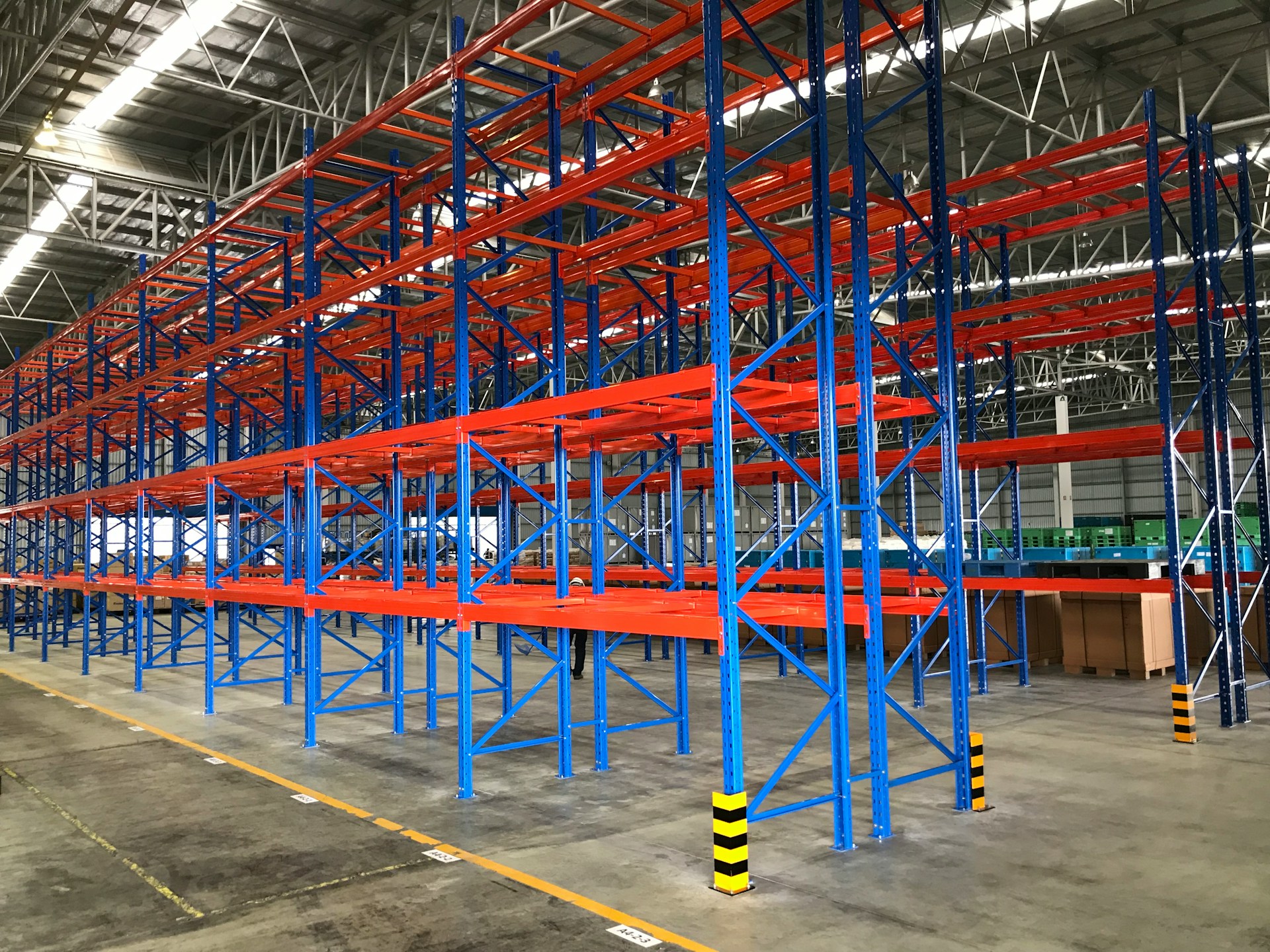In an era of advancing technology, the shift towards digitalization has become a prevalent trend across various industries. One such transformation is the transition from traditional paper-based payroll systems to digital payroll online services. While this shift offers numerous benefits in terms of efficiency and convenience, it also raises questions about its environmental implications. This article delves into the environmental impacts of switching to digital payroll services, exploring both the positive and negative aspects.
Introduction To Payroll Services
One of the most evident environmental benefits of transitioning to digital payroll services is the significant reduction in paper consumption. Traditional payroll systems rely heavily on paper-based processes, including printing pay stubs, tax forms, and other documentation. By digitizing these processes, businesses can minimize their reliance on paper, thereby conserving valuable natural resources and reducing their carbon footprint. Moreover, the adoption of electronic documents eliminates the need for paper storage, further contributing to resource conservation.
Energy Consumption and Emissions
While payroll online services reduce paper consumption, they do require energy to operate. Data centers and servers that host digital payroll platforms consume electricity for processing and storage purposes. Additionally, the transmission of data over the internet generates carbon emissions, albeit to a lesser extent compared to the production and transportation of paper-based documents. However, advancements in energy-efficient technologies and the increasing use of renewable energy sources can mitigate the environmental impact of energy consumption associated with payroll management services.
Electronic Waste Management
The proliferation of digital technologies has led to a surge in electronic waste (e-waste) globally. Digital payroll online services rely on electronic devices such as computers, smartphones, and tablets for access and management. As businesses upgrade their hardware and software to accommodate digital payroll systems, there is a corresponding increase in e-waste generation. Proper disposal and recycling of electronic devices are essential to prevent environmental contamination and resource depletion. Businesses adopting payroll management services should prioritize responsible e-waste management practices to mitigate their environmental impact.
Telecommuting and Remote Work
The adoption of digital payroll online services often coincides with the rise of telecommuting and remote work arrangements. Remote work reduces the need for employees to commute to a central office, leading to decreased fuel consumption and vehicular emissions. Additionally, remote work initiatives promote a more flexible work culture, allowing employees to balance their professional and personal responsibilities effectively. While remote work offers environmental benefits, it also presents challenges such as increased energy consumption in residential spaces and potential disparities in access to digital infrastructure.
Data Security and Privacy Concerns
Digital payroll online services rely on storing and transmitting sensitive employee information electronically. While digital platforms implement robust security measures to safeguard data, concerns regarding data breaches and privacy violations persist. Instances of cyberattacks or unauthorized access to payroll systems not only pose risks to individual privacy but also entail reputational and financial consequences for businesses. Implementing stringent data security protocols and compliance measures is crucial to addressing these concerns and fostering trust in digital payroll management services.
Carbon Offsetting and Sustainability Initiatives
Businesses transitioning to digital payroll management services can complement their environmental efforts through carbon offsetting and sustainability initiatives. Carbon offsetting involves investing in projects that reduce or offset greenhouse gas emissions, such as reforestation programs or renewable energy projects. By participating in carbon offsetting schemes, businesses can neutralize the environmental impact of their operations, including the adoption of payroll management services. Additionally, integrating sustainability practices into corporate culture fosters environmental stewardship and social responsibility.



